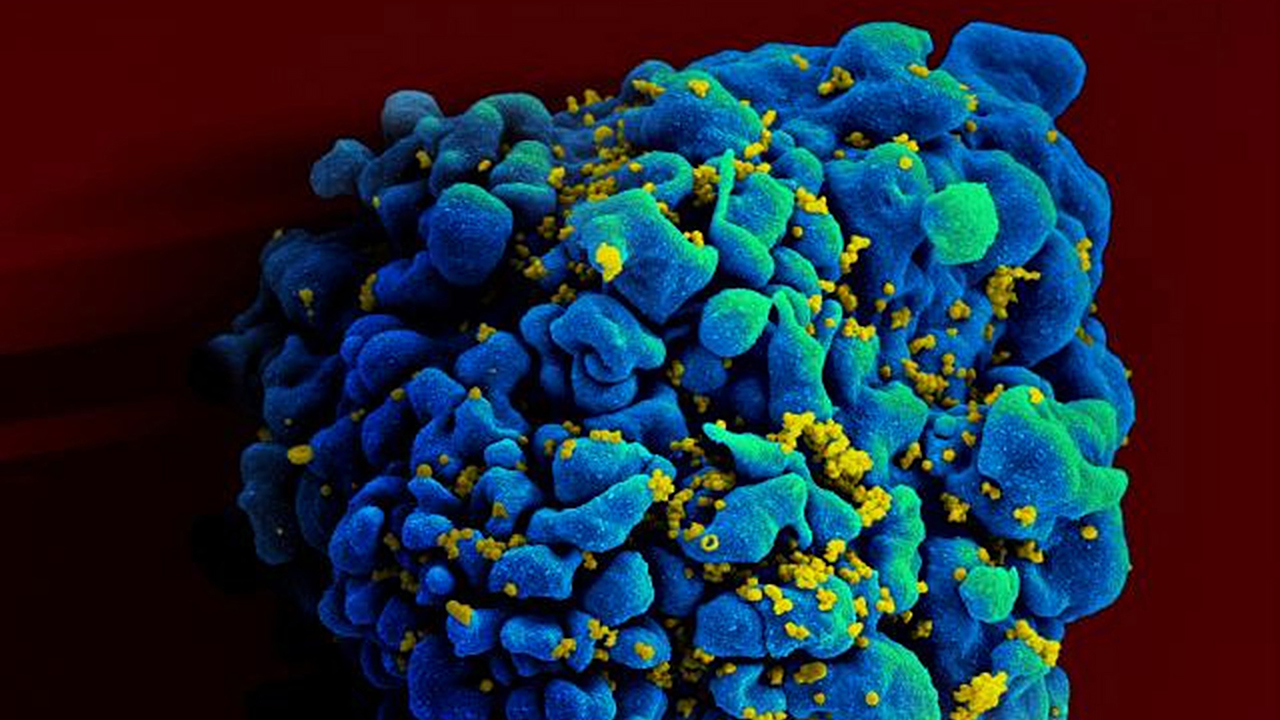Aggressive strain of HIV turns up in Cuba


A particularly aggressive strain of HIV that progresses to AIDS within three years has turned up in Cuba.
Researchers say they're seeing the strain in individuals who've had unprotected sex with multiple infected partners.
The patients with this strain of HIV had much higher doses of the virus in their blood than other patients.
The anchor molecule to which the virus usually attaches itself was virtually nonexistent, which forces the virus to attach to a receptor that doesn't normally come into play for years.
"The unexpectedly rapid progression of this HIV variant increases the risk that patients become very ill before ever realizing that they are infected," the researchers said in a press release.
The World Health Organization says there are currently 35 million people worldwide living with HIV and AIDS.
More than 60 different strains of the virus have been identified.








